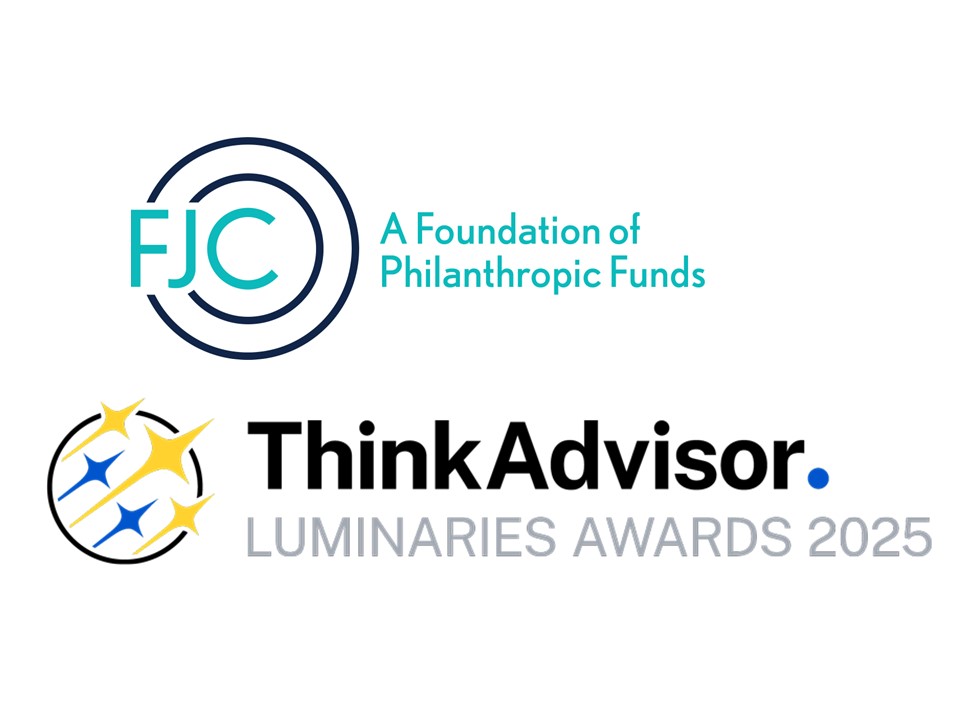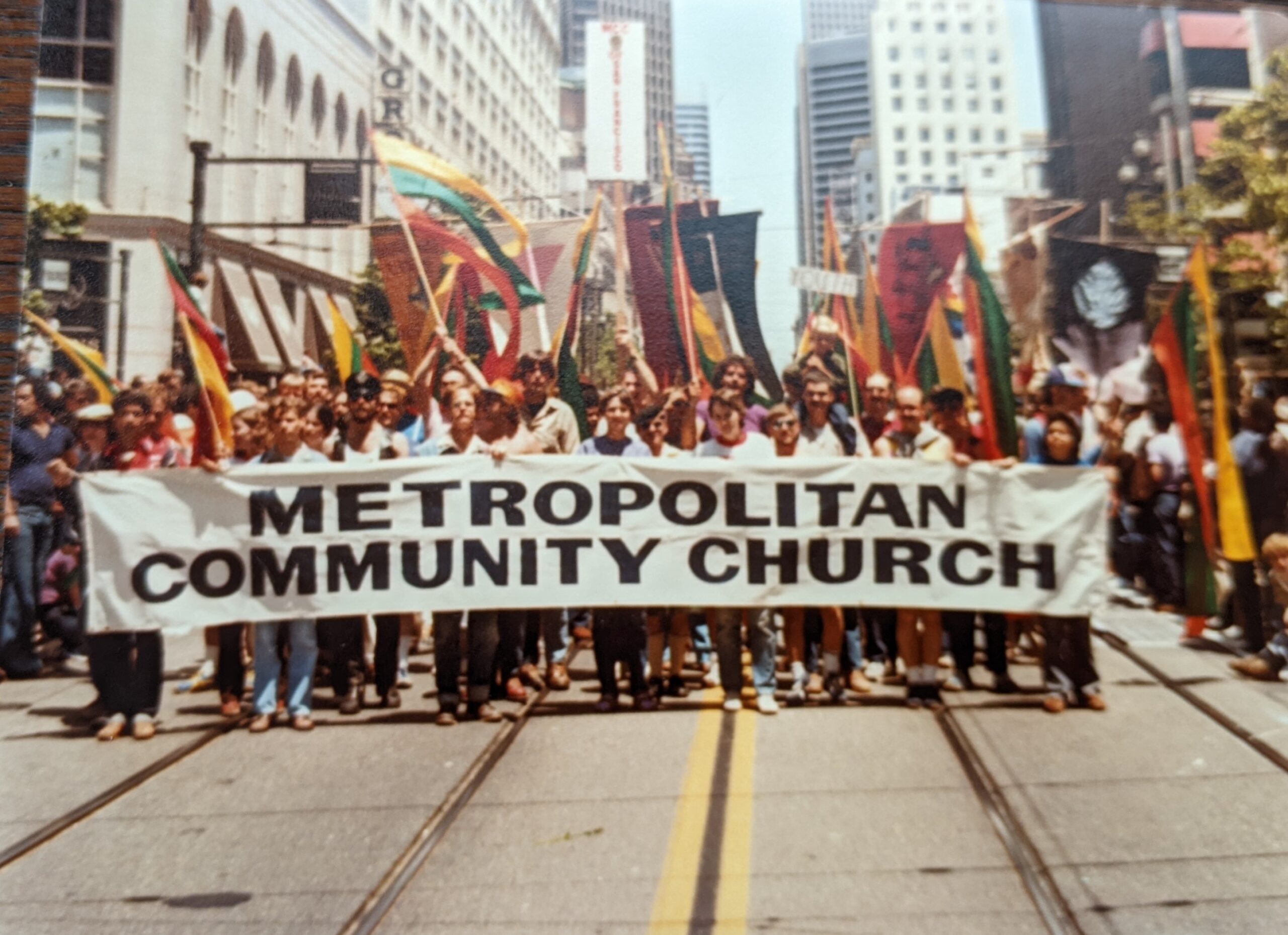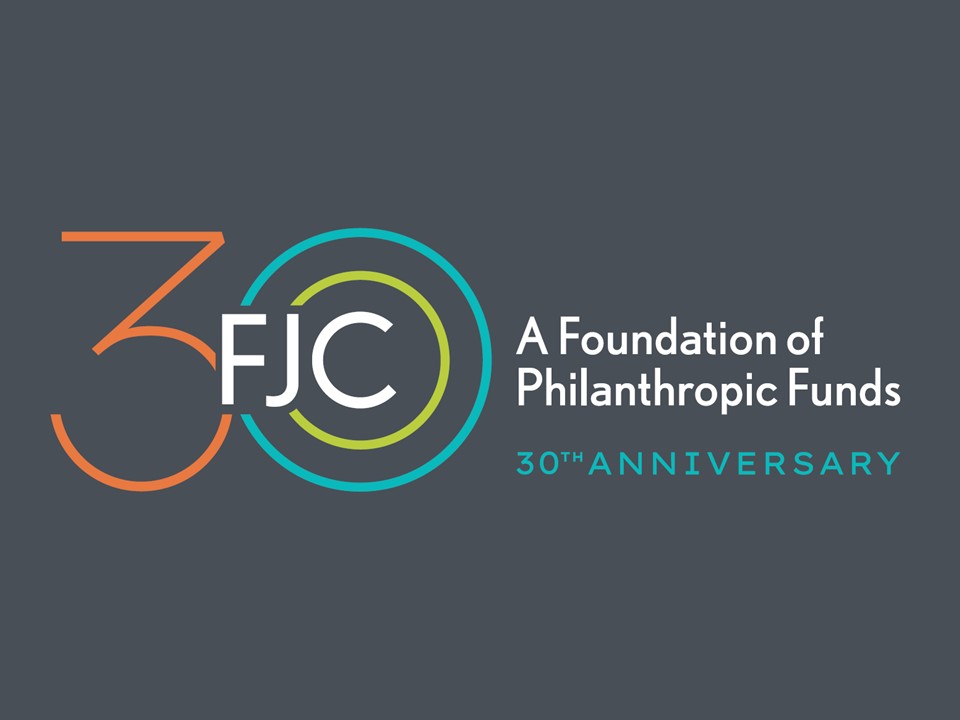We invite you to read this blog post by FJC CEO Sam Marks about the existential threats facing nonprofits as a result of delayed government payments – and the role philanthropy can play in helping nonprofits manage through these challenges. The blog post was published in Alliance’s online magazine, and is excerpted here.
Imagine being charged with critical life-changing responsibilities while being starved by the same public actors to whom you are accountable. This is the crazy-making situation nonprofits are finding themselves in, whether they are housing the unhoused, providing safe spaces for women fleeing intimate partner violence, or providing childcare, many of society’s most critical services rely on timely, predictable funding from government agencies. The problem is that payments for contracted services have become anything but reliable for too many organisations.
“If foundations can begin thinking about using their capital to help nonprofits survive existential threats, it may open the door to creative uses of capital to actually help nonprofits thrive and escape the scarcity mindset.”
FJC CEO Sam Marks, from his Alliance Magazine blog
For too long, nonprofits’ business needs have been woefully misunderstood and undervalued, and the bill is now coming due.
Not-for-profit operations face the same financial challenges as their for-profit counterparts — managing cash flow, planning payroll, and navigating financing relationships. However, the segment of the nonprofit sector that carries out necessary services funded by the public sector faces unique challenges.
Public contracts come with immense upfront costs of delivering services, and oft-delayed payments are gumming up the underlying financial machinery for many service providers. As my friend John MacIntosh wrote in City & State last year, ‘Nonprofit vendors regularly complain that the procurement system is complex, antiquated and creates lengthy payment delays that are costly, sometimes even fatal, to organizations waiting for their money.’
The fundamental problem for nonprofits is that without reliable access to capital and credit, something as basic as delayed contract payments can pose an existential risk. To be clear, committed officials at every level of government are delivering important reforms to the public contracting process. Bureaucratic reform, however, is slow. In the meantime, foundations, which provide grants and help nonprofits build capacity in myriad ways, can and must develop creative new ways to support nonprofits and rally the support of committed philanthropists.
Increasingly imaginative philanthropists and foundations are developing creative solutions to help nonprofits navigate unreliable cash flow, providing a model for others to follow.
Please read the full blog post at Alliance Magazine, which includes examples of recent solutions FJC has executed, including a bridge loan to Brooklyn Defender Services, and low-interest revolving loans for Brighter Tomorrows and an LGBTQ youth-serving organization.




